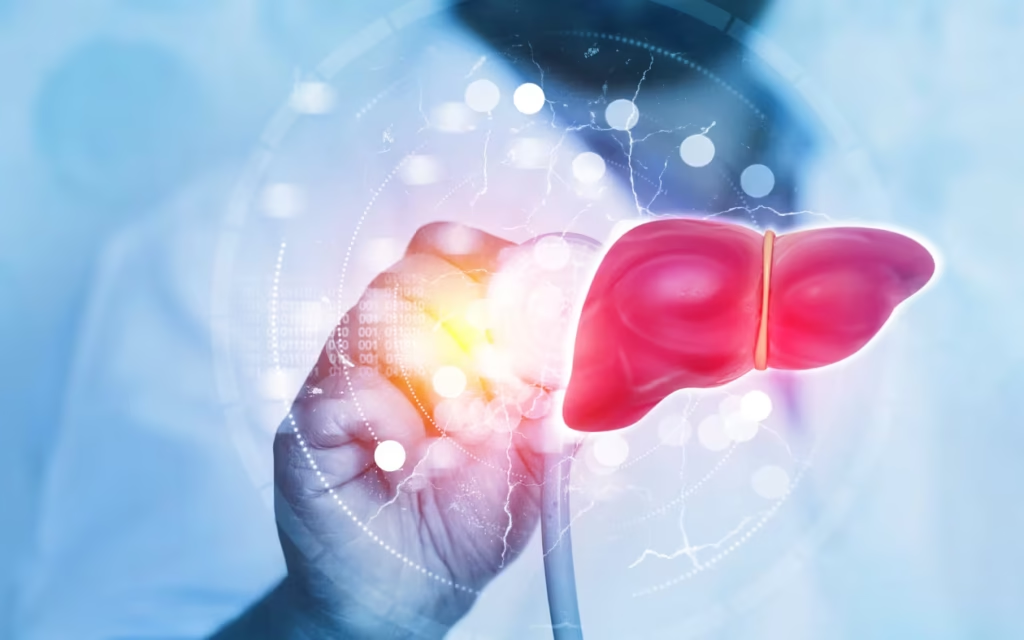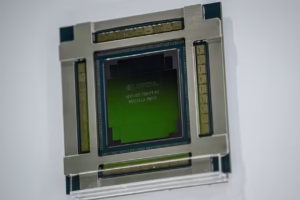Wednesday, Viking Therapeutics Inc. got praise not for its weight loss pill, which has investors very excited, but for the other important product option in its pipeline: a treatment for the liver disease MASH.
Metabolic dysfunction-associated steatohepatitis, or MASH, is a dangerous liver disease that happens when fat builds up and gets inflamed, even if you don’t drink much. It used to be called NASH, which stands for “non-alcoholic steatohepatitis.”
The American Managed Care Pharmacy Association says that about 22 million Americans have the disease. It can cause liver cancer, end-stage liver disease, or even death. In the U.S., this is now the main reason people get liver transplants. Viking (VKTX) gave a talk at the American Association for the Study of Liver Diseases meeting in San Diego on Tuesday. During the talk, the company showed full results from its Phase 11b trial of its VK2809 product candidate in MASH patients.
The numbers made analysts at William Blair happy.
“The fact that there was a statistically significant and clinically meaningful change in the FDA-approved endpoint of fibrosis benefit at the highest dose, as well as MASH resolution across all
“Any dose,” a group of experts led by Andy T. Hsieh wrote in a note to clients on Wednesday.
Fibrosis is when liver tissue gets scarred, which can happen with MASH and can progress to cirrhosis if not handled. The results showed that the benefit was the same no matter what stage of fibrosis the person had. “This, in our opinion, is good news for the pivotal program, which will probably only include patients in stages 2 and 3 of fibrosis,” Hsieh said.
Hsieh said that the data showed VK2809 was still safe and that the rate of stopping and the number of adverse events were about the same as with the placebo. Nobody said they had hepatoxicity or liver disease, which are both common with MASH.
“Overall, we believe our thesis that VK2809 is the best-in-class oral MASH drug is supported,” the note read.
All 13 analysts who cover the stock on FactSet have what’s called a “buy” rating on it, which is the same as William Blair’s rating. The bank is one of many that thinks Viking will be a takeover target because its pipeline covers a wide range of metabolic diseases.
The company is getting ready to start a Phase 3 trial for its weight loss pill VK2735. They are also planning an amylin program that will start with a Phase 1 study next year. Amylin is a hormone that helps the body keep its blood sugar level.
“We know it’s risky to base our investment thesis on a possible takeout, but the chance is pretty high given Viking’s clinical differentiation and the large TAM (total addressable market) of people with chronic metabolic conditions,” Hsieh said.
William Blair isn’t the only one who thinks that big drugs will buy Viking. This is exactly what Raymond James experts wrote earlier this year when they said they thought VK2735 was better than tirzepatide, which is the drug’s medical name. That was after an earlier set of results, which didn’t have the higher doses from the trial.
Maxim experts also said that Viking will need a partner to reach the market and even for late-stage development.
At the time, they wrote, “Given how competitive the product is and how quickly the market is growing, we think this makes Viking even more appealing as a possible acquisition target, with Viking’s NASH program being an upside.”
Viking’s last news about its weight loss pill was at Obesity Week, an event put on by the Obesity Society, in early November. The company said that over the course of four weeks, obese people who took the 100 milligram dose as part of a Phase 1 trial lost an average of 8.2% of their starting weight. Compared to the placebo, the 100 mg amount also caused up to 6.8% weight loss.
Viking’s stock went up 1.8% on Wednesday and is up 182% so far this year. The SPDR S&P Biotech ETF (XBI) has gone up 0.71% and the S&P 500 SPX -0.59% has gone up 24%.





